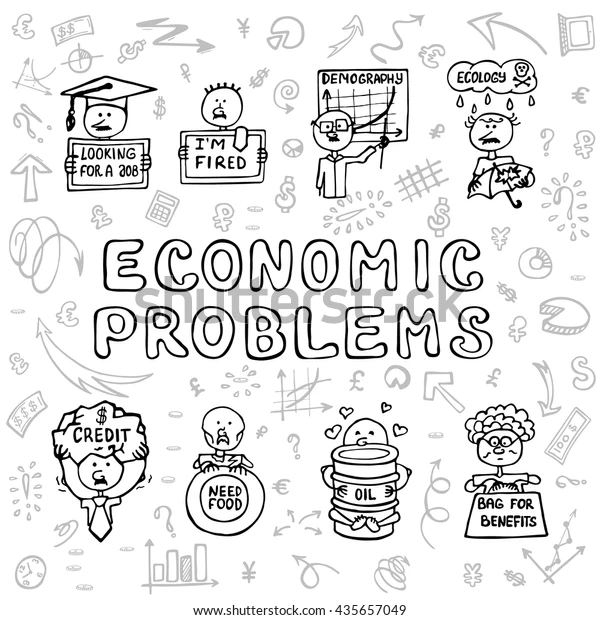Scarcity is a central concept in economics that influences decision-making, resource allocation, and the functioning of markets. It refers to the fundamental economic problem of having limited resources to meet unlimited wants and needs. This concept is crucial for understanding how economies operate, how prices are determined, and why trade-offs are an inevitable part of life. In this article, we will delve into the nature of scarcity, its implications, and how it shapes economic behavior and policy.
The Nature of Scarcity arises because resources such as time, money, labor, and raw materials are finite. At the same time, human desires and needs are virtually infinite. This imbalance creates a situation where choices must be made about how to allocate resources efficiently to satisfy as many needs and wants as possible.
Types of Resources
- Natural Resources: These include land, water, minerals, and other raw materials found in nature. They are finite and often subject to depletion.
- Human Resources: This category encompasses labor, skills, and expertise. The availability of skilled labor can be limited by factors such as education, training, and population demographics.
- Capital Resources: These are man-made resources used in the production of goods and services, such as machinery, buildings, and technology. Capital resources are also limited by investment and technological development.
- Entrepreneurial Resources: Entrepreneurs organize the other resources to produce goods and services. Their availability is constrained by factors such as innovation, risk-taking ability, and access to capital.
Implications of Scarcity
The existence of scarcity necessitates choices and trade-offs. These choices are guided by the concepts of opportunity cost and marginal analysis.
Opportunity Cost
Opportunity cost is the value of the next best alternative foregone when a choice is made. It represents the benefits that could have been obtained by choosing the alternative option. Understanding opportunity cost helps individuals and organizations make informed decisions by considering what they must give up to gain something else.
Marginal Analysis
Marginal analysis involves comparing the additional benefits and additional costs of a decision. It helps in determining the optimal level of resource allocation. For example, a company might use marginal analysis to decide how many units of a product to produce by comparing the marginal revenue from selling one more unit to the marginal cost of producing it.
Scarcity and Economic Systems
Different economic systems address the problem of scarcity in various ways:
- Market Economy: In a market economy, prices act as signals that help allocate resources efficiently. When a resource is scarce, its price rises, incentivizing producers to supply more and consumers to use less. This dynamic helps balance supply and demand.
- Command Economy: In a command economy, the government makes decisions about resource allocation. While this can theoretically ensure equitable distribution, it often leads to inefficiencies due to the lack of price signals and incentives.
- Mixed Economy: Most modern economies are mixed, incorporating elements of both market and command systems. Governments intervene to correct market failures and provide public goods, while markets allocate resources for most goods and services.
Scarcity and Sustainable Development
Scarcity also highlights the importance of sustainable development. As resources become increasingly limited, it is crucial to use them in a way that meets current needs without compromising the ability of future generations to meet theirs. Sustainable development involves:
- Efficient Resource Use: Implementing technologies and practices that maximize output while minimizing resource input.
- Renewable Resources: Investing in renewable resources such as solar and wind energy to reduce dependence on finite natural resources.
- Conservation: Encouraging conservation efforts to preserve natural resources and reduce waste.
Scarcity is an unavoidable reality that affects every aspect of economic life. It forces individuals, businesses, and governments to make choices and prioritize their needs and wants. By understanding scarcity and its implications, we can make better decisions and work towards a more efficient and sustainable use of our limited resources. The study of scarcity is not just about recognizing limitations but also about finding innovative ways to overcome them and improve overall well-being.

